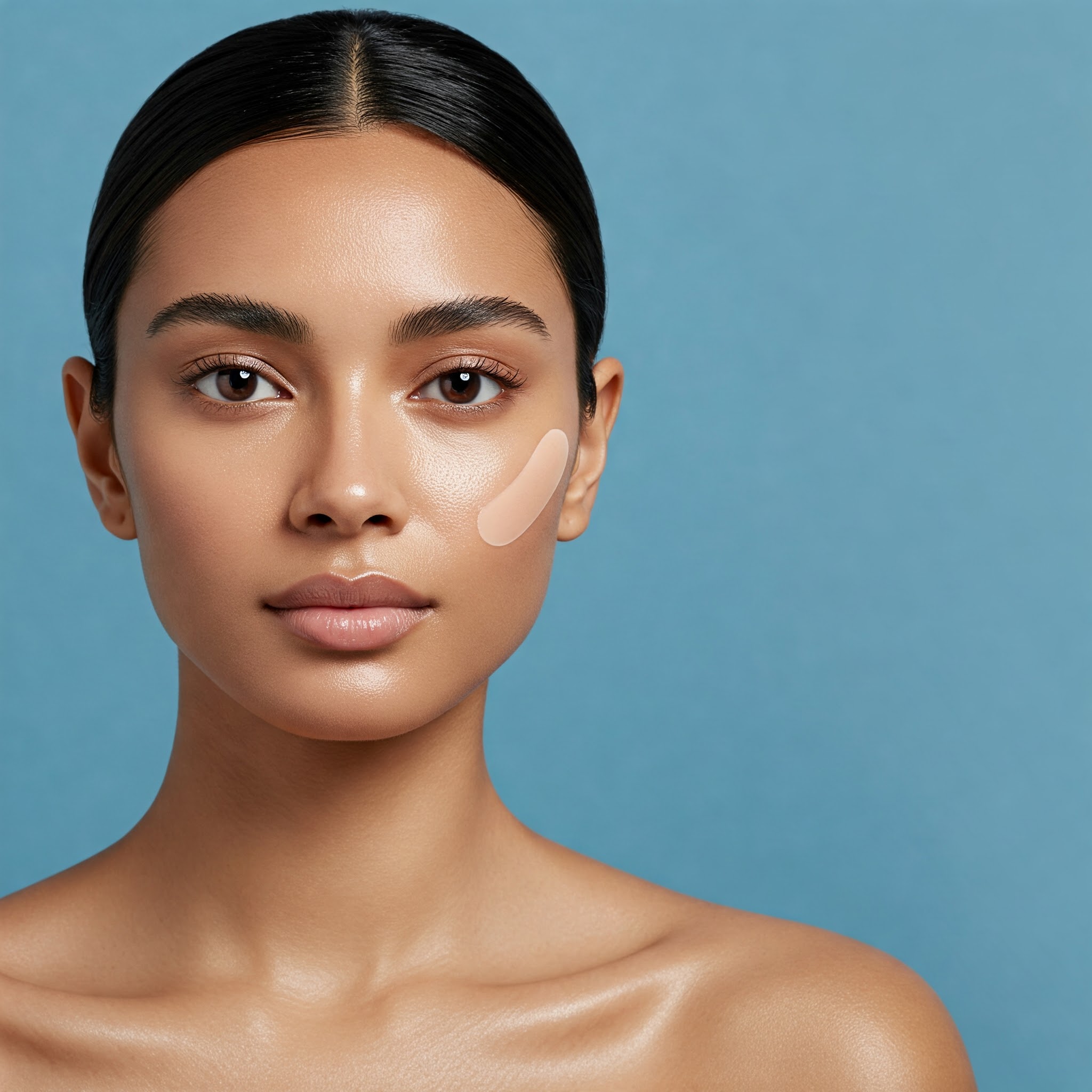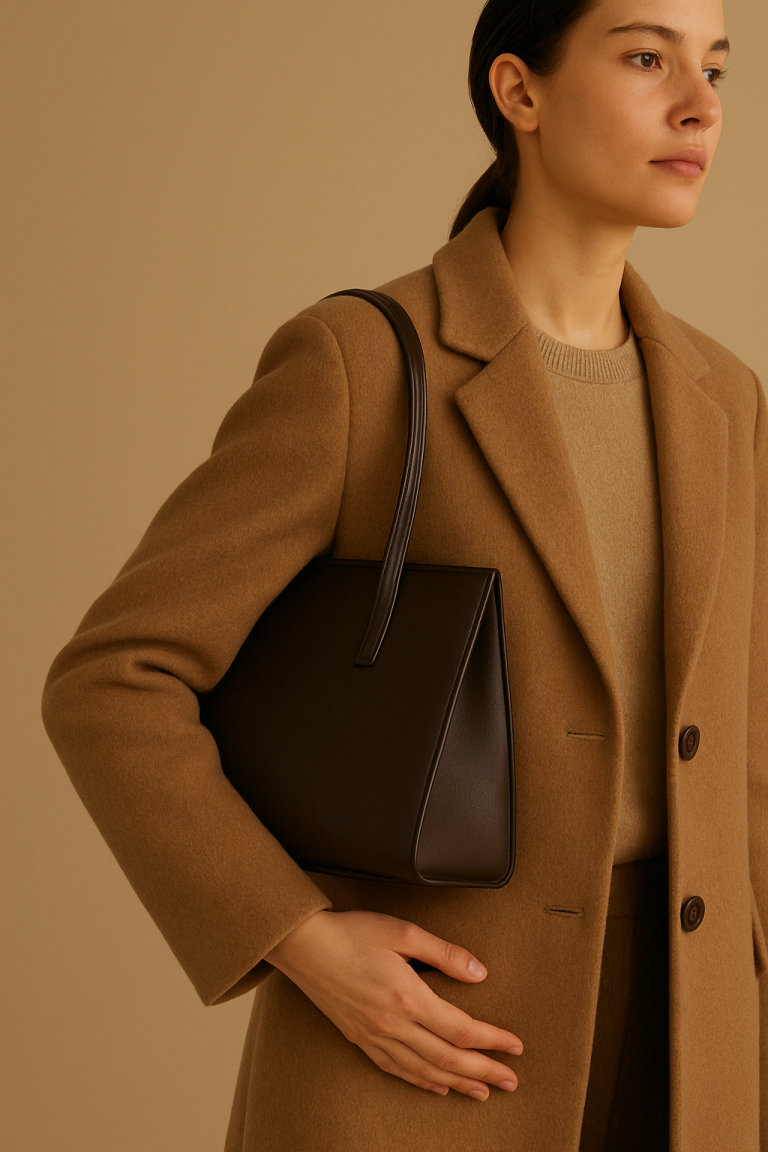
In 2025, beauty is no longer skin deep. The modern woman demands more than just a pretty package; she seeks products that align with her values, nourish her skin, and sustain the planet. As the beauty industry evolves, the clean beauty movement stands at the forefront, challenging traditional norms and redefining what it means to be glamorous. Clean beauty is not a passing trend; it is a revolution where purity meets power.
The Rise of Conscious Consumers
The clean beauty movement is fueled by the rise of conscious consumers who are more informed and intentional than ever before. These consumers scrutinize labels, research brands, and prioritize health over hype. Transparency, sustainability, and ethical sourcing are no longer optional; they are essential.
With a growing awareness of the harmful effects of parabens, sulfates, and synthetic fragrances, consumers are rejecting products that prioritize profit over well-being. Clean beauty offers a solution where wellness and luxury coexist. In 2025, consumers want more than results; they want responsibility.
Moreover, consumers are increasingly embracing holistic wellness, where beauty is seen as an extension of health. This shift reflects a broader societal move towards mindful living.
From Ingredients to Transparency
In the age of information, ignorance is no longer bliss. Consumers now demand full disclosure, shifting the focus from ingredients to transparency. It’s no longer enough for brands to promise results; they must prove it.
Clean beauty brands are leading the way by listing every ingredient, explaining their sources, and educating consumers on the benefits and potential risks. Ingredients like hyaluronic acid, plant-based retinol, and cold-pressed oils are celebrated for their efficacy without the baggage of toxicity.
Transparency builds trust. When consumers know what they are putting on their skin, they can make choices that reflect their values. In 2025, beauty is as much about honesty as it is about aesthetics.
Beyond transparency, there is also a growing focus on certifications such as organic labels, fair trade, and carbon-neutral production. These markers provide consumers with the reassurance that they are investing in brands that match their ethical standards.
Personalized Beauty: One Size No Longer Fits All
Gone are the days when beauty came in a single shade or formula. Personalized beauty: one size no longer fits all is the new mantra. Advances in technology allow brands to create tailored skincare and makeup solutions based on individual skin types, concerns, and lifestyles.
AI-driven skincare apps, at-home DNA kits, and virtual consultations empower consumers to curate products that work specifically for them. Custom serums, foundations, and moisturizers reflect the diversity and uniqueness of every individual.
This personalization enhances not only efficacy but also the emotional connection consumers have with their beauty routines. In 2025, bespoke beauty is the epitome of luxury.
Furthermore, smart devices now track environmental factors such as humidity and UV exposure, adjusting product recommendations in real-time. This seamless integration of technology with beauty offers a new level of sophistication.
Eco-Friendly Packaging: Beauty with a Smaller Footprint
Sustainability is no longer a buzzword; it’s a baseline. Eco-friendly packaging: beauty with a smaller footprint is transforming the industry. From biodegradable materials to refillable containers, brands are finding innovative ways to reduce waste without compromising on style.
Glass jars, bamboo lids, and compostable boxes are replacing single-use plastics. Waterless beauty products, such as shampoo bars and solid lotions, minimize packaging needs while offering potent formulations.
The shift towards sustainable packaging reflects a broader commitment to protecting the planet. In 2025, beauty is not just about how you look; it’s about how you live.
Moreover, brands are investing in circular economy models where consumers can return empty containers for discounts or refills. These systems promote longevity and reduce landfill waste.
Cruelty-Free and Vegan: Ethics at the Forefront
Ethical beauty is beautiful. Cruelty-free and vegan: ethics at the forefront is more than a label; it’s a lifestyle. Consumers are demanding products that do not harm animals or exploit natural resources.
Brands are proudly showcasing their Leaping Bunny certifications and PETA-approved statuses. Vegan formulations replace animal-derived ingredients like beeswax and collagen with plant-based alternatives.
The rise of cruelty-free beauty reflects a cultural shift towards compassion. In 2025, glamour is about kindness, proving that ethics and elegance go hand in hand.
Additionally, as lab-grown beauty ingredients such as synthetic collagen and bio-fermented actives become more sophisticated, they offer cruelty-free alternatives without compromising performance.
The Influence of Social Media and Influencers
Social media is the new beauty counter. The influence of social media and influencers shapes consumer choices, introduces emerging brands, and holds companies accountable.
Platforms like Instagram, TikTok, and YouTube have democratized beauty, giving voice to real consumers and diverse creators. Influencers now prioritize authenticity over perfection, sharing honest reviews and personal stories that resonate with audiences.
Transparency campaigns, viral skincare routines, and product hauls offer instant feedback, pushing brands to innovate and improve. In 2025, beauty trends are no longer dictated by boardrooms; they are born in newsfeeds.
In addition to influencing purchases, these platforms are fostering communities where consumers exchange tips, support sustainable brands, and advocate for industry changes.
Beyond the Face: Clean Beauty for Hair and Body
Clean beauty is expanding its horizons. Beyond the face: clean beauty for hair and body reflects a holistic approach to self-care. Shampoos free from sulfates, body lotions packed with botanical oils, and aluminum-free deodorants cater to consumers seeking purity from head to toe.
Scalp health is gaining attention as the foundation of healthy hair, with brands offering scalp scrubs and serums. Body care is evolving with luxurious body oils, natural exfoliants, and plant-based body washes.
In 2025, beauty is not compartmentalized. It’s a full-body experience where every product aligns with the values of health, sustainability, and self-love.
Moreover, wellness rituals such as dry brushing, oil massages, and aromatherapy-infused products emphasize self-care as a daily practice rather than a luxury.
Clean beauty is not just a category; it’s a movement. It’s about redefining glamour through transparency, sustainability, and personalization. In 2025, pure is powerful—and beauty has never looked better.



